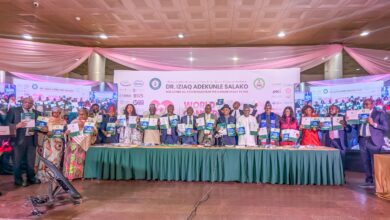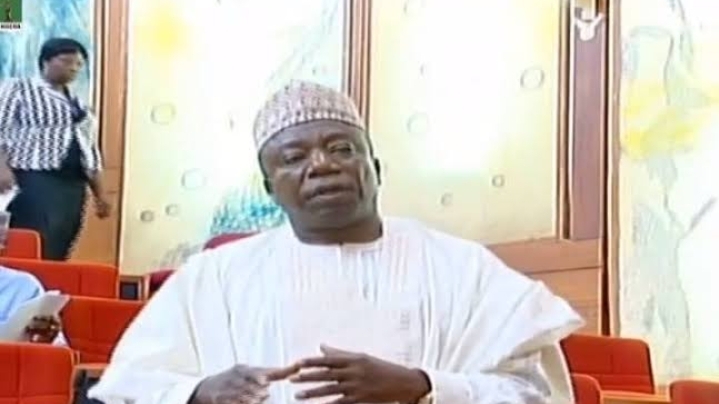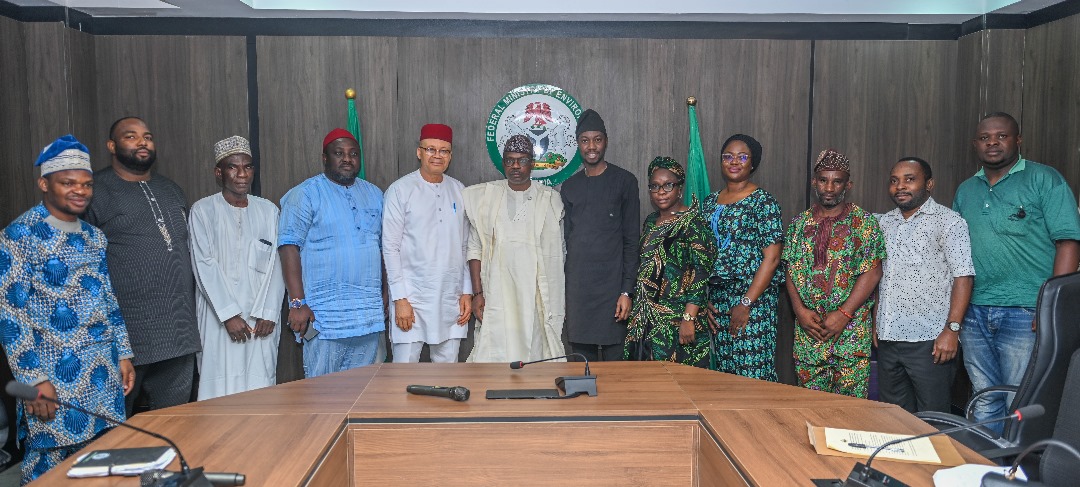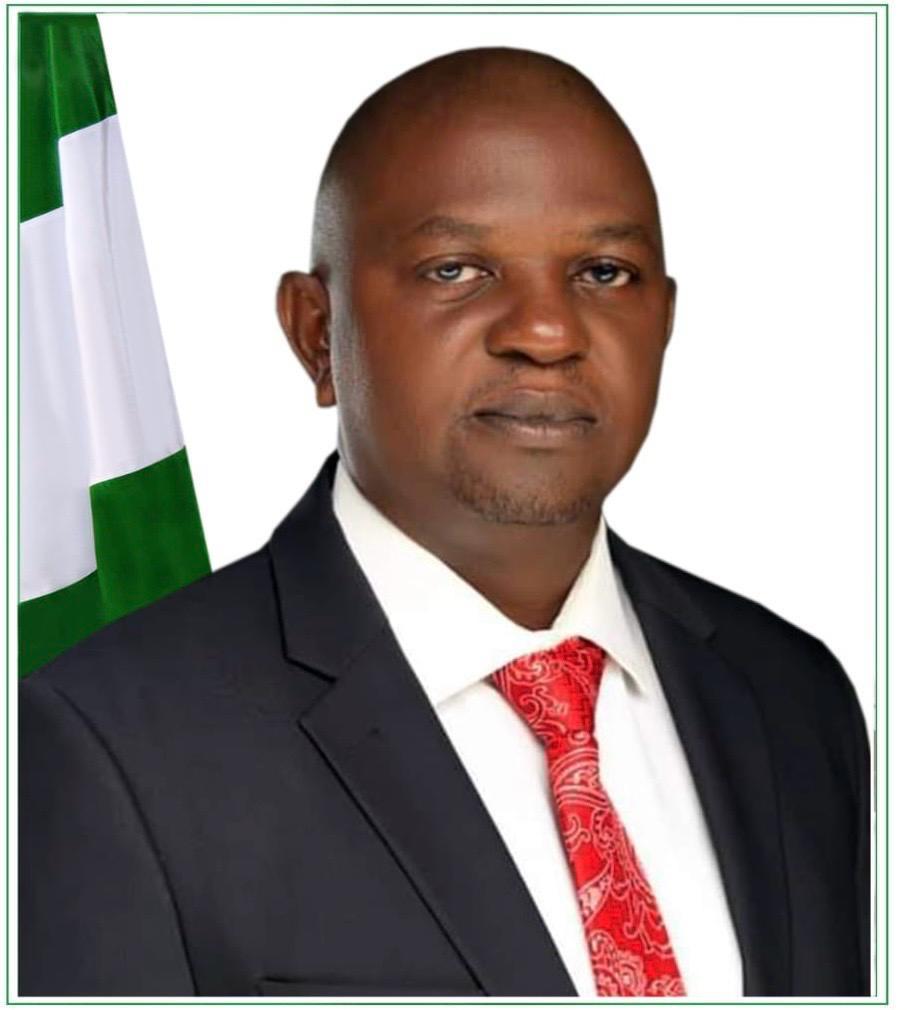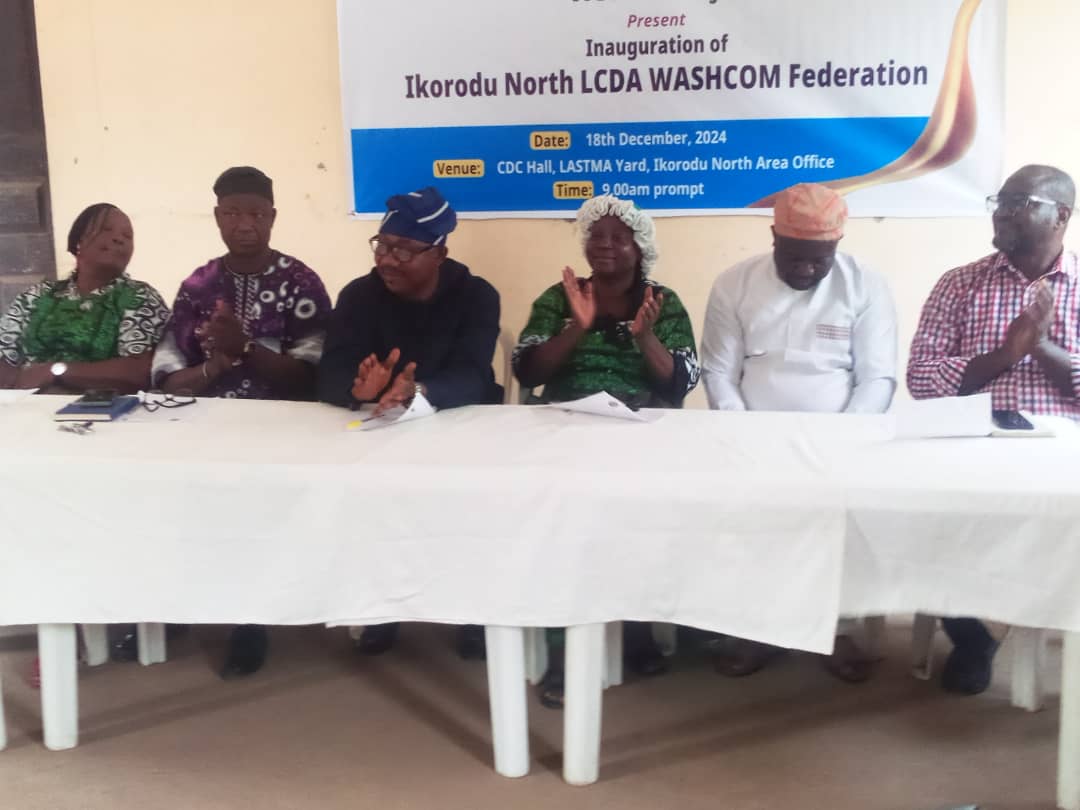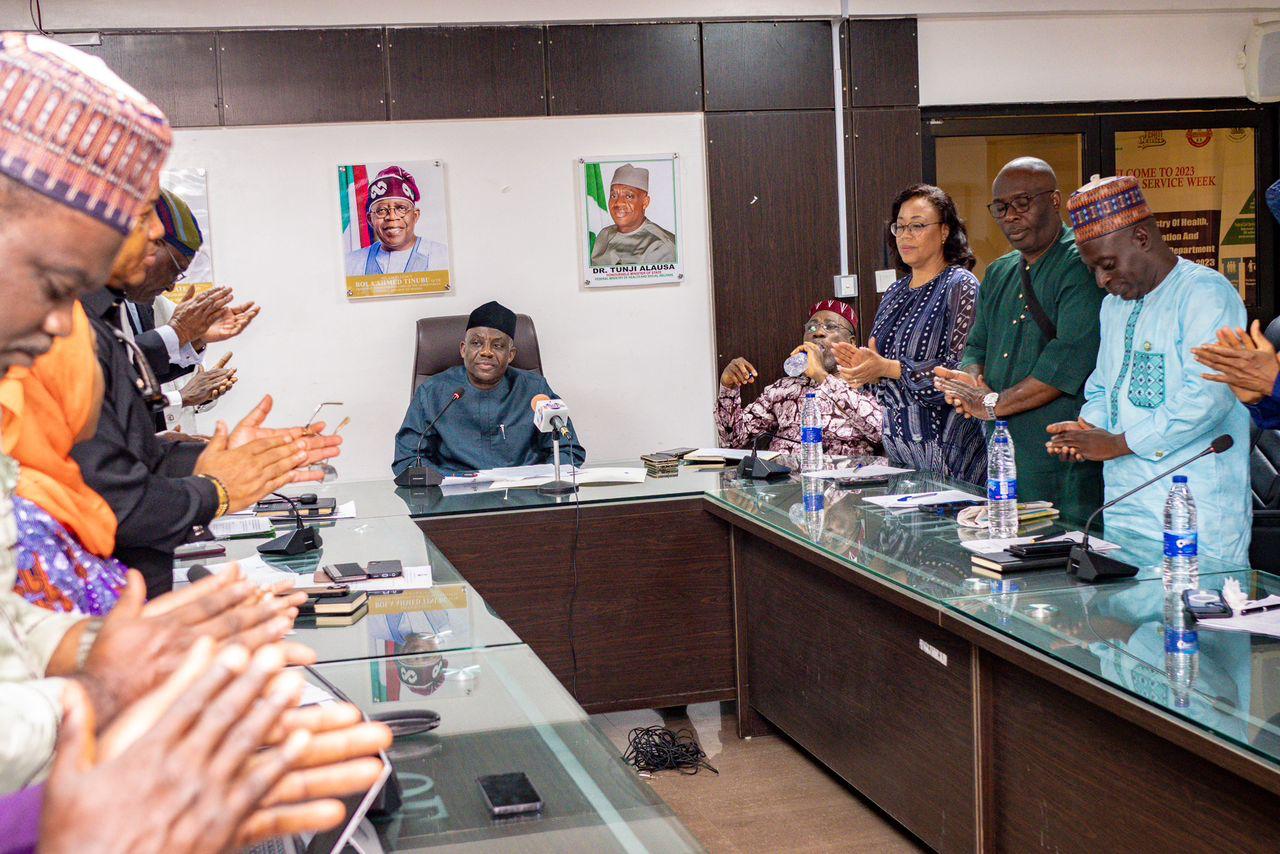
The Honorable Minister of State for Health and Social Welfare, Dr. Tunji Alausa, has announced the Ministry’s commitment to closely collaborate with both local Health Professionals and their Diaspora counterparts to ensure seamless, effective, and efficient healthcare service delivery in the nation.
This announcement was made during the inauguration of the Technical Working Committee for the Nigerian Health Professionals in Diaspora Plus Engagement Programme on Tuesday at his office.
Dr. Alausa described the initiative as a forward-thinking project aimed at leveraging the invaluable expertise, knowledge, and skills of Nigerian professionals within the global healthcare workforce.
Recognizing the longstanding contributions of Nigerian Health Professionals in the Diaspora to the country’s health sector, Dr. Alausa emphasized their dedication through self-funded medical missions, health education, training, public health interventions, and advocacy efforts. He highlighted the government’s decision to formalize and expand these contributions through the program.
The Minister emphasized that the program is designed as a sustainable initiative to facilitate the repatriation and exchange of knowledge and skills between Nigerian Healthcare professionals in the Diaspora and their local counterparts.
He underscored the program’s objective not only to enhance the healthcare system but also to foster collaborative learning opportunities between Diaspora Professionals and domestic healthcare providers.
Dr. Alausa stressed the importance of addressing sustainability challenges by integrating the initiative into the healthcare system as a permanent fixture capable of adapting to evolving global health landscapes. He highlighted the need for innovative strategies, strategic planning, and collaboration at all levels to ensure the program’s success.
With the establishment of the Technical Working Committee, comprising experts from various sectors, Dr. Alausa expressed confidence in the committee’s ability to guide the program’s implementation effectively and align it with the needs of Nigerian healthcare institutions and the broader healthcare framework.
The Minister assured continued support from the Federal Ministry of Health and Social Welfare to ensure the program’s success, further pledged to engage with relevant agencies at the federal and state levels to seamlessly integrate the program into the national health strategy.
In his role as Chairman of the Technical Working Committee, Professor Sydney Ibeanusi committed to working tirelessly to fulfill the mandate of healthcare delivery in line with the Federal Government’s agenda under President Bola Ahmed Tinubu’s leadership.
He reiterated the committee’s dedication to revitalizing healthcare services and leveraging their expertise to support the government in this significant endeavor.
The committee, consisting of seventeen members, has been tasked with various responsibilities outlined in the Terms of Reference, including coordinating the implementation plan, recommending strategies for effective knowledge transfer, and identifying beneficiary health institutions for program implementation.
In conclusion, the commitment of all stakeholders, including the Technical Working Committee and the Federal Government, underscores a collective effort to enhance Nigeria’s healthcare system with the support of Diaspora professionals.

